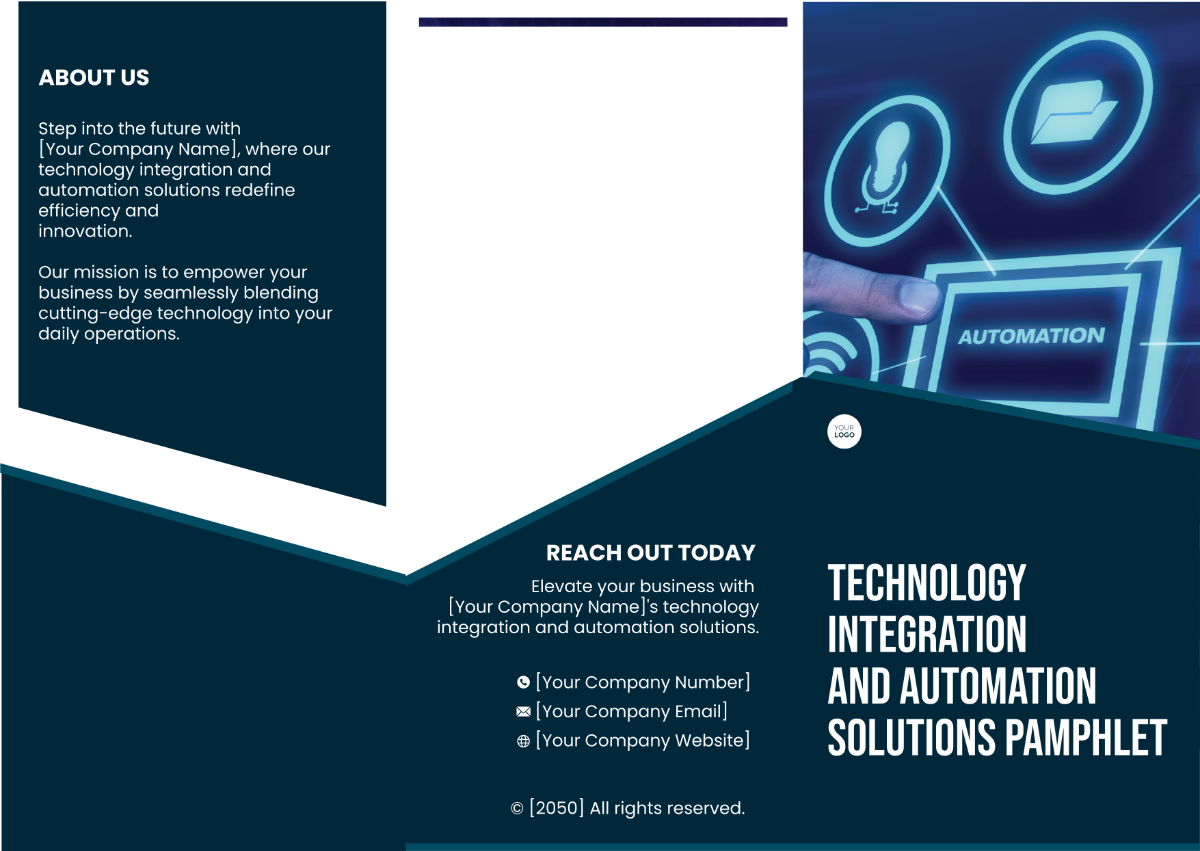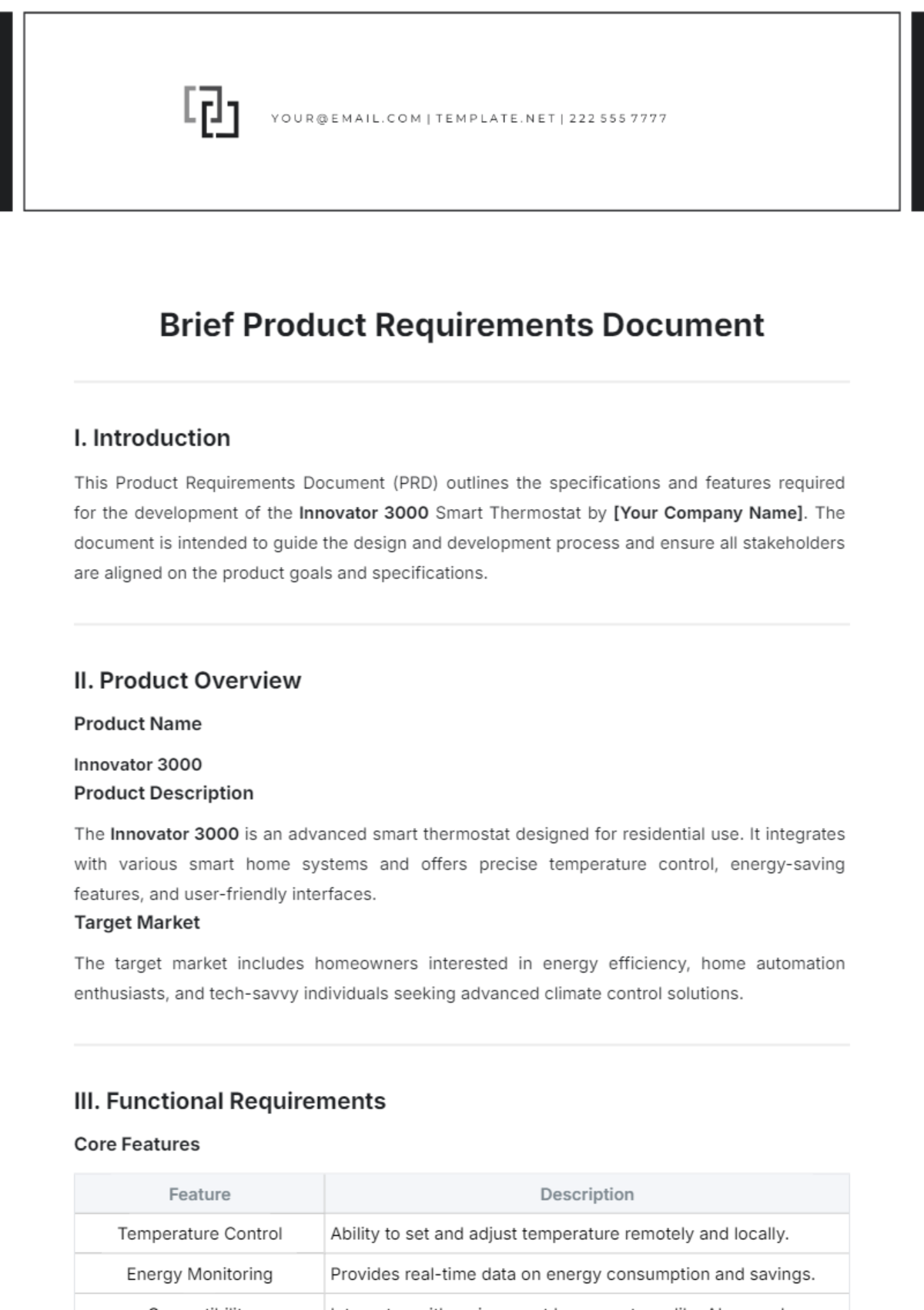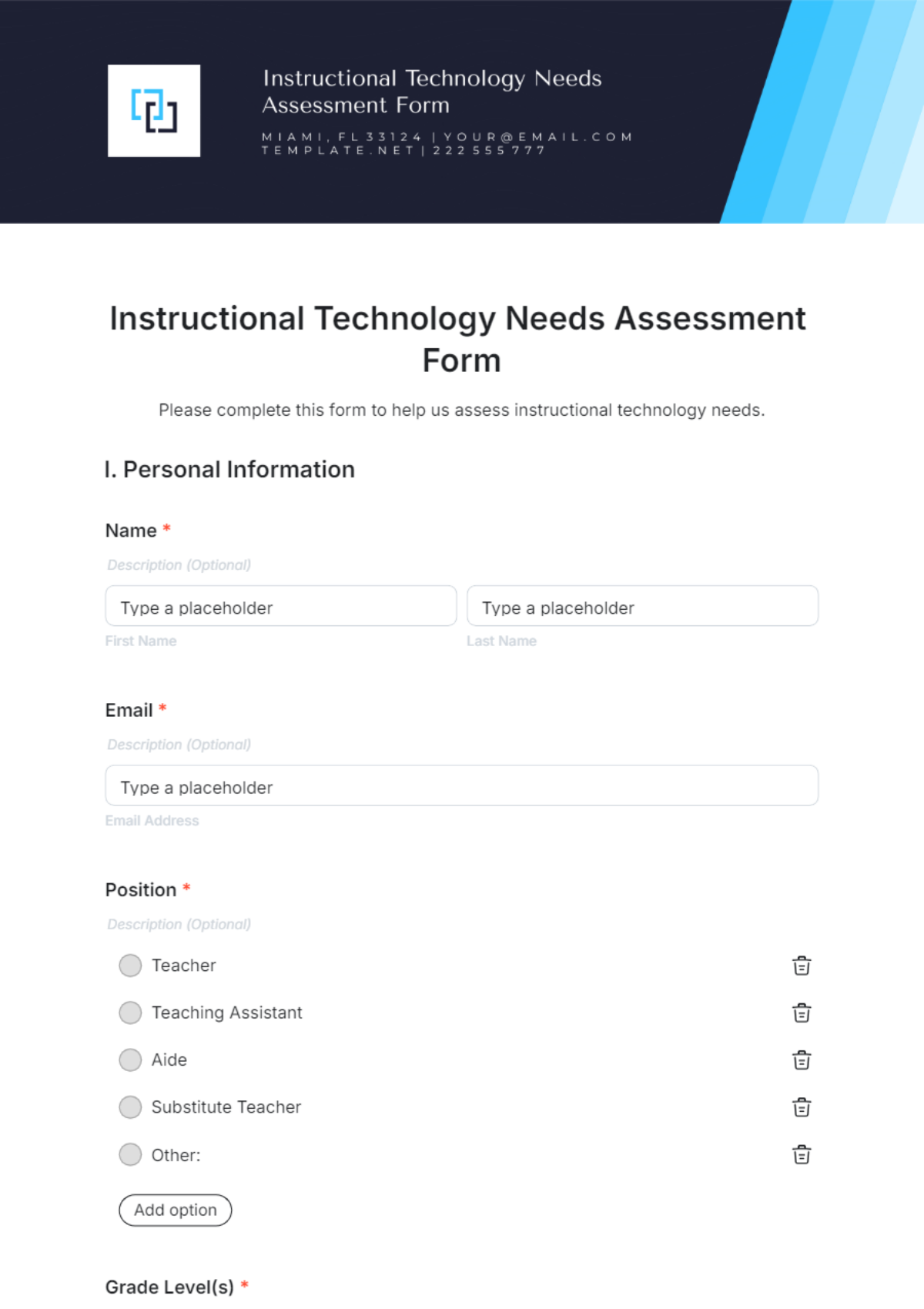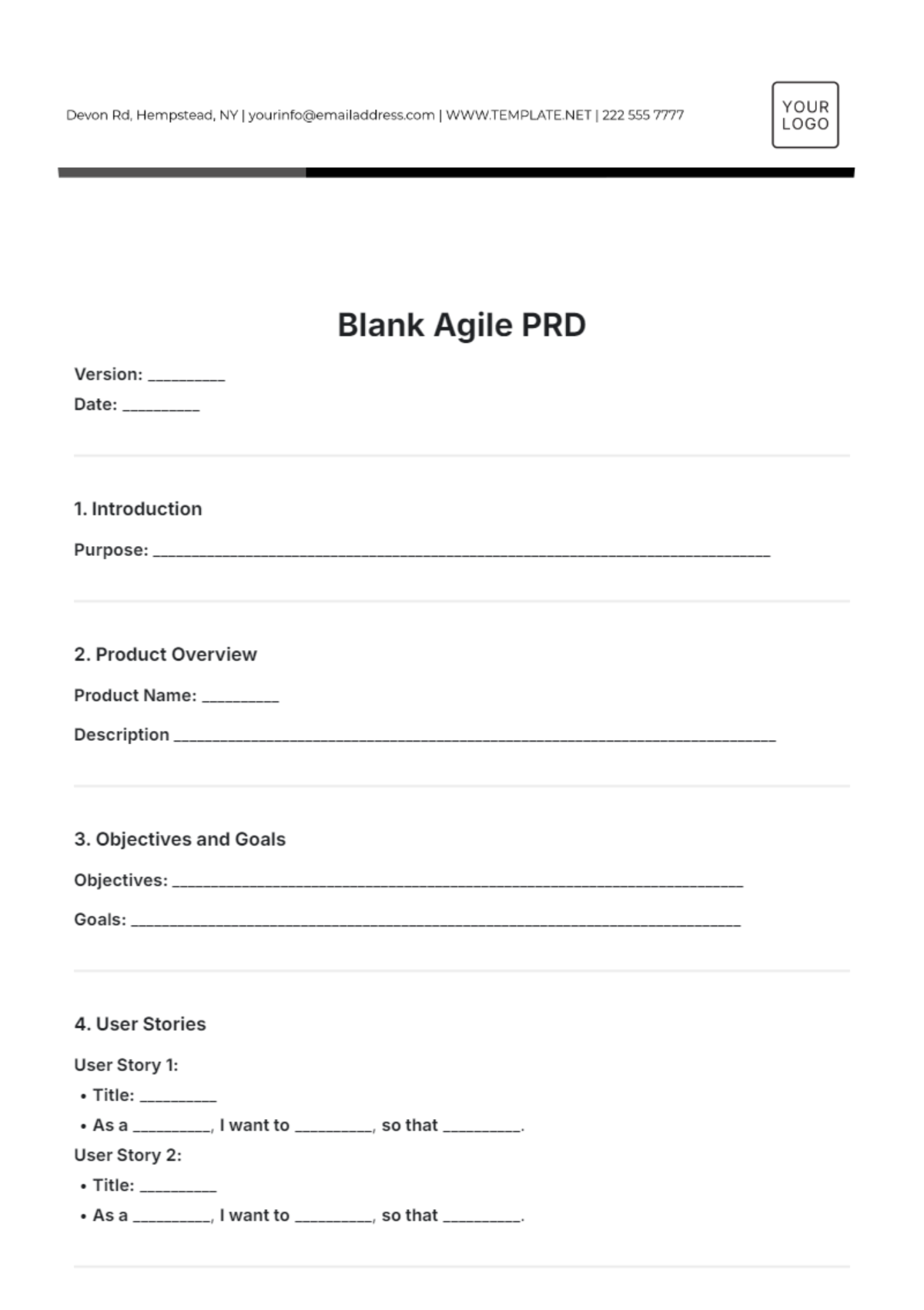DevOps Methodology
Prepared by: [YOUR NAME]
Date: [DATE]
1. Introduction
The DevOps Methodology is a set of practices that combines software development (Dev) and IT operations (Ops) to enhance collaboration and productivity throughout the software development lifecycle. It emphasizes continuous integration, continuous delivery, automation, and monitoring to improve the efficiency, quality, and speed of software releases.
2. Key Principles
DevOps is built upon several key principles aimed at fostering a culture of collaboration and improving the software delivery process:
2.1 Collaboration
DevOps promotes a culture of collaboration between development and operations teams, breaking down silos to enable more effective communication and problem-solving.
2.2 Automation
Automation is a cornerstone of DevOps, helping reduce manual intervention, minimize errors, and speed up the development and deployment processes.
2.3 Continuous Integration and Continuous Delivery (CI/CD)
CI/CD practices ensure that code changes are automatically tested, integrated, and deployed, resulting in more frequent and reliable software releases.
2.4 Monitoring and Feedback
Continuous monitoring and feedback loops allow teams to detect and address issues promptly, improving system reliability and performance.
3. Core Practices
3.1 Continuous Integration (CI)
Continuous Integration involves the frequent merging of code changes into a shared repository, followed by automated builds and tests. Key practices include:
Frequent code commits
Automated testing
Automated builds
Code quality checks
3.2 Continuous Delivery (CD)
Continuous Delivery extends CI by ensuring that code changes are automatically deployed to production environments. Key practices include:
Automated deployment processes
Blue-green deployments
Canary releases
Feature toggles
3.3 Infrastructure as Code (IaC)
Infrastructure as Code treats infrastructure configuration as version-controlled code, allowing for more consistent and reliable deployments. Key practices include:
Version-controlled infrastructure scripts
Automated provisioning
Configuration management
Environment consistency
3.4 Monitoring and Logging
Effective monitoring and logging are critical for understanding system performance and diagnosing issues. Key practices include:
Real-time monitoring
Centralized logging
Alerting and incident response
Performance metrics
4. Tools and Technologies
DevOps relies on a variety of tools and technologies to implement its practices. These tools fall into several categories:
4.1 Version Control Systems (VCS)
Version Control Systems are essential for managing code changes and collaboration. Examples include:
Git
Subversion (SVN)
Mercurial
4.2 Continuous Integration/Continuous Deployment (CI/CD) Tools
CI/CD tools automate the process of building, testing, and deploying code. Examples include:
Jenkins
Travis CI
CircleCI
GitLab CI
4.3 Configuration Management Tools
Configuration management tools help manage infrastructure and software configurations. Examples include:
Ansible
Chef
Puppet
SaltStack
4.4 Containerization and Orchestration
Containerization and orchestration tools enable the consistent deployment of applications in isolated environments. Examples include:
Docker
Kubernetes
OpenShift
Mesos
4.5 Monitoring and Logging Tools
These tools help track system performance and gather logs for analysis. Examples include:
Prometheus
ELK Stack (Elasticsearch, Logstash, Kibana)
Grafana
Datadog
5. Challenges and Best Practices
5.1 Cultural Change
DevOps requires a significant cultural shift within organizations, fostering collaboration and breaking down silos.
5.2 Skill Development
Teams need to possess a wide range of skills, from coding and scripting to system administration and network management.
5.3 Tool Integration
Successful DevOps implementations require the seamless integration of multiple tools, often requiring custom solutions.
5.4 Security
Implementing security practices, known as DevSecOps, ensures that security is integrated throughout the development lifecycle.
Conclusion
DevOps is a transformative methodology that enhances collaboration, automation, and continuous improvement within software development and IT operations. By adopting DevOps principles and practices, organizations can achieve faster, more reliable software deliveries and ultimately provide better value to their customers.

















































